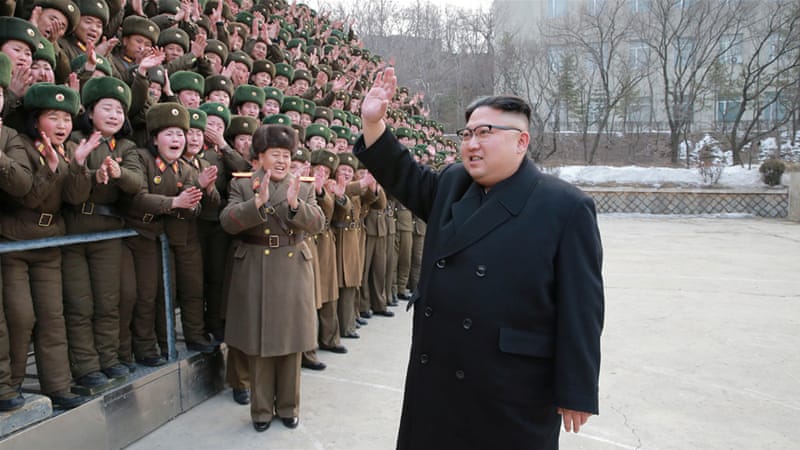
The list of people who have fallen victim to a toxin could now have grown with the hospitalisation in Britain of a former Russian double agent after suspected exposure to "an unknown substance".
Deadly politics: PTI allegiance costs family 27 lives
The methods, toxin of choice and final result vary widely but here are five high-profile poisonings or attempted poisonings:
In 1978, at the height of the Cold War, Bulgarian dissident Georgi Markov was waiting for a bus home after a shift at the BBC World Service.
He felt a sharp jab in his thigh and turned to see a man picking up an umbrella. Three days later, Markov was dead, killed by what many believe to have been a poisoned dart filled with ricin and fired from the brolly.
A post-mortem examination established he had been killed by a tiny pellet containing a 0.2-milligramme dose of ricin.
WHO ‘finalises suggestions’ on arsenic poisoning
Ricin is 6,000 times more powerful than cyanide and a speck no bigger than a grain of salt is enough for fatal results.
The case has never been solved.
A more recent poisoning but one no less brazen or worthy of a Cold War thriller was the broad-daylight assassination with a nerve agent of North Korean leader Kim Jong-Un's half brother.
Kim Jong-Nam was attacked at Kuala Lumpur International Airport by two women, who were captured on CCTV shoving something into his face.
He suffered a seizure and was dead before he even reached hospital.
An autopsy revealed traces of VX - a fast-acting toxin that sparks respiratory collapse and heart failure - on the dead man's face and in his eyes.
Tiny amounts of the poison are enough to kill an adult, whether it is inhaled or absorbed through the skin.
On November 1, 2006, former Russian secret agent Alexander Litvinenko met two Russian contacts for tea at a top London hotel to discuss possible future business opportunities.
The 43-year-old fell ill immediately afterwards and was found to have drunk tea laced with Polonium-210 - a rare and expensive radioactive isotope produced in Russia.
1,050 stray dogs poisoned to death in Karachi
He died after three agonising weeks and was eventually buried in north London in a lead-lined coffin to prevent radiation leakage.
A British inquiry found that Russian President Vladimir Putin had "probably approved" the ex-spy's murder, a finding dismissed by Moscow as a "joke."
Litvinenko's killing caused widespread public outrage in Britain after radioactive traces were found at various sites around London, with media dubbing it the world's first act of "nuclear terrorism."
Viktor Yushchenko would go on to be president of Ukraine but in September 2004, he was engaged in a bruising election campaign battle against pro-Moscow candidate Viktor Yanukovich when he fell seriously ill.
Months of tests in an Austrian clinic determined that he had ingested a massive amount of dioxin, with the doctor who treated him saying the levels in his body were 1,000 times higher than normal.
Although he survived, Yushchenko's face was left bloated and pockmarked, and he had to undergo regular treatment in Switzerland to flush the toxin from his body.
He later claimed that he believed the dioxin had come from a Russian factory.
Posing as Canadian tourists, agents from Israeli secret service Mossad targeted Khaled Meshaal, then head of the Hamas political bureau, by injecting a mysterious poison into his ear on a street in Jordan's capital Amman.
As Meshaal slipped into a coma, Jordanian police captured two of the attackers and a furious King Hussein demanded that Israel hand over an antidote if it wanted its agents back.
A red-faced Prime Minister Benjamin Netanyahu eventually provided the antidote and also released Hamas spiritual leader Sheikh Ahmad Yassin from an Israeli prison.




1732626034-0/BeFunky-collage-(92)1732626034-0-165x106.webp)


1732618327-2/Untitled-design-(7)1732618327-2-270x192.webp)









COMMENTS (1)
Comments are moderated and generally will be posted if they are on-topic and not abusive.
For more information, please see our Comments FAQ